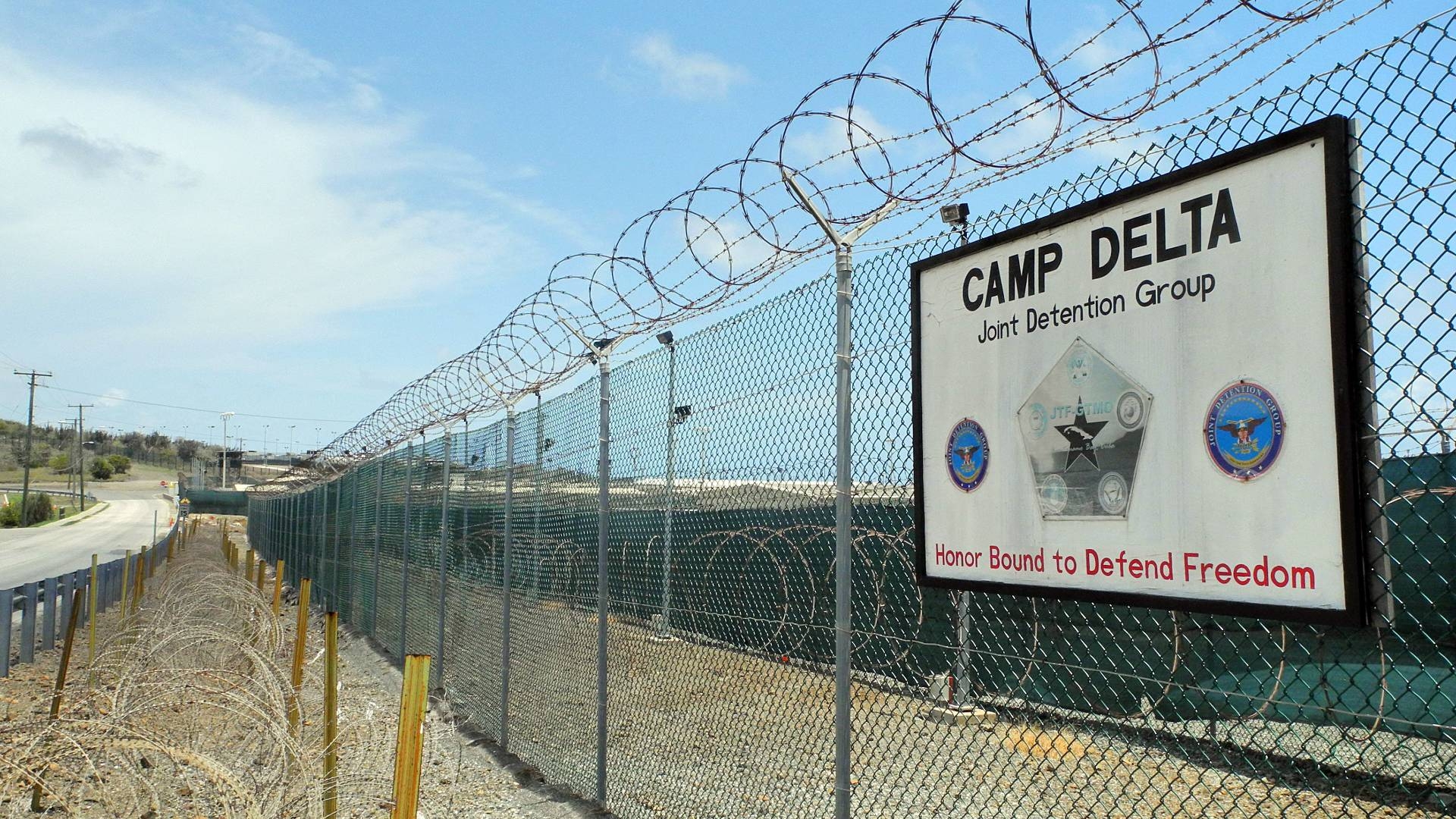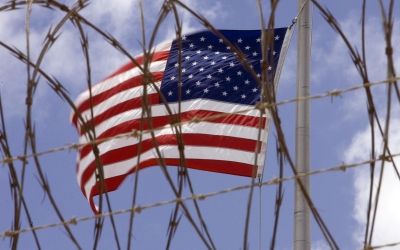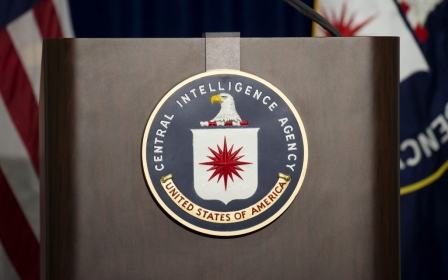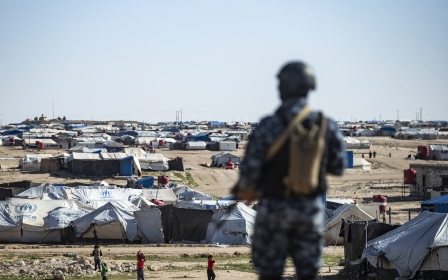Guantanamo: Lawyer says case should be put on hold at Supreme Court

A lawyer for one of Guantanamo Bay's "forever prisoners" says the Supreme Court should wait to decide on a case involving his client until it's clear what the Biden administration will let him say about his torture at the hands of the CIA.
In a letter to the court sent on Monday, the lawyer for Abu Zubaydah said that while the US government has agreed to let him testify about his treatment, any testimony he gives would be subject to review by the government, making it unclear what information the Guantanamo detainee would be able to provide.
The US government "makes no commitments about how much, if any, of Abu Zubaydah’s declaration will be shared with the Polish prosecutor, and does not say whether Abu Zubaydah will be allowed to specify when he was tortured, an issue that was central at oral argument," David Klein, Abu Zubaydah's lawyer, said in his letter.
Klein also noted that the government team in charge of reviewing the testimony solicits input from the CIA, meaning that "the Government will allow Abu Zubaydah to submit a written declaration about his treatment at the hands of the CIA so long as the CIA authorizes it".
Earlier this month, the US Supreme Court heard oral arguments in the case between the US government and Abu Zubaydah, who is seeking to subpoena James Elmer Mitchell and John Jessen, two former CIA contractors, for information regarding his alleged torture in Poland, which would assist a Polish investigation into the matter.
During the arguments, Justice Neil Gorsuch asked if the government would allow Abu Zubaydah, rather than the contractors, to provide the information to Polish officials about his treatment. Abu Zubaydah's lawyers had said the government was preventing him from doing so.
The Biden administration's top Supreme Court lawyer, acting Solicitor General Brian Fletcher, then filed a letter saying the administration would let Abu Zubaydah provide information to Polish officials. But he added that any declaration would still be subject to a "security review", meaning it could be redacted.
Klein sounded sceptical in his own letter to the court, saying that it is "theoretically possible the Government's new position will lead to a declaration" that can help Polish officials, but when Guantanamo prisoners "have attempted in the past to describe their torture to the outside world ... the Government has sometimes redacted virtually every word".
The Guantanamo detainee's lawyer said it would take "some time" to learn what information Abu Zubaydah would be able to provide in his testimony.
He said lawyers would first need to meet with Abu Zubaydah and prepare a declaration, then have it go through the redaction process. Klein urged the court to set a "reasonable deadline" for that process to take place.
Once a redacted version is approved, "the parties would return to the Court and address the impact of the declaration, if any, on the issues before the Court".
'Waterboarded 83 times'
Abu Zubaydah, whose given name is Zayn al-Abidin Muhammad Husayn, is a Palestinian who was born and raised in Saudi Arabia. He was captured in a US-Pakistani raid in Faisalabad, Pakistan, in 2002.
At the time of his capture, the CIA, along with then-President George W Bush, publicly claimed that he was a top-level al-Qaeda leader with direct connections to Osama bin Laden.
According to a Senate Intelligence Committee report, he was interrogated using techniques that amounted to torture, including being waterboarded 83 times in one month, hung naked from a ceiling, and deprived of sleep for 11 straight days.
But in 2006, the CIA conceded that Abu Zubaydah was never a senior member of al-Qaeda because he was never a member of the armed group, to begin with.
During his nearly two decades in captivity, he has never been charged or tried.
Middle East Eye delivers independent and unrivalled coverage and analysis of the Middle East, North Africa and beyond. To learn more about republishing this content and the associated fees, please fill out this form. More about MEE can be found here.





